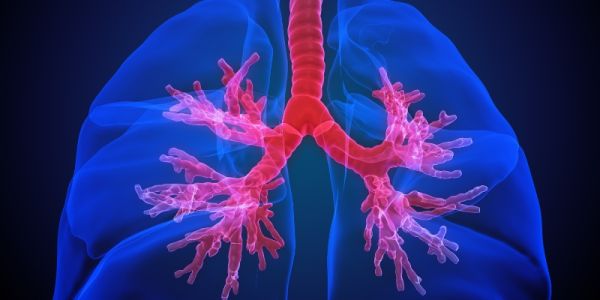
Major funding boost for radiotherapy research
Scientists and clinicians at the University of Leeds exploring new radiotherapy treatments and technologies have been given a major cash boost from Cancer Research UK (CRUK).

Scientists and clinicians at the University of Leeds exploring new radiotherapy treatments and technologies have been given a major cash boost from Cancer Research UK (CRUK).

A new class of robot with magnetic skin and movement that mimics creeping vine plants, could transform cancer diagnosis and treatment, according to a new University of Leeds study.

A University of Leeds student has played a key role in the 80th anniversary D-day celebrations.

A nanosurgical tool - about 500 times thinner than a human hair - could give insights into cancer treatment resistance that no other technology has been able to do, according to a new study.

Paying more for clothes does not necessarily mean they will last longer, according to new research carried out by the School of Design.

A collaboration involving 80 scientists has identified the regions of the Amazon rainforest where trees are most likely to face the greatest risk from drier conditions brought about by climate change.

Two new Deans have been appointed to drive forward the University’s global vision.

The deadliest form of brain cancer returns because tumours adapt to treatment by recruiting help from nearby healthy tissue, say researchers who are trying to find a cure for the disease.

Limiting global warming to 1.5°C above pre-industrial levels will still be catastrophic for coral reefs, new research suggests.

Scientists have made a breakthrough in understanding the process that leads to a blood clot forming in the lungs – a condition that kills more than 2,000 people in the UK each year.